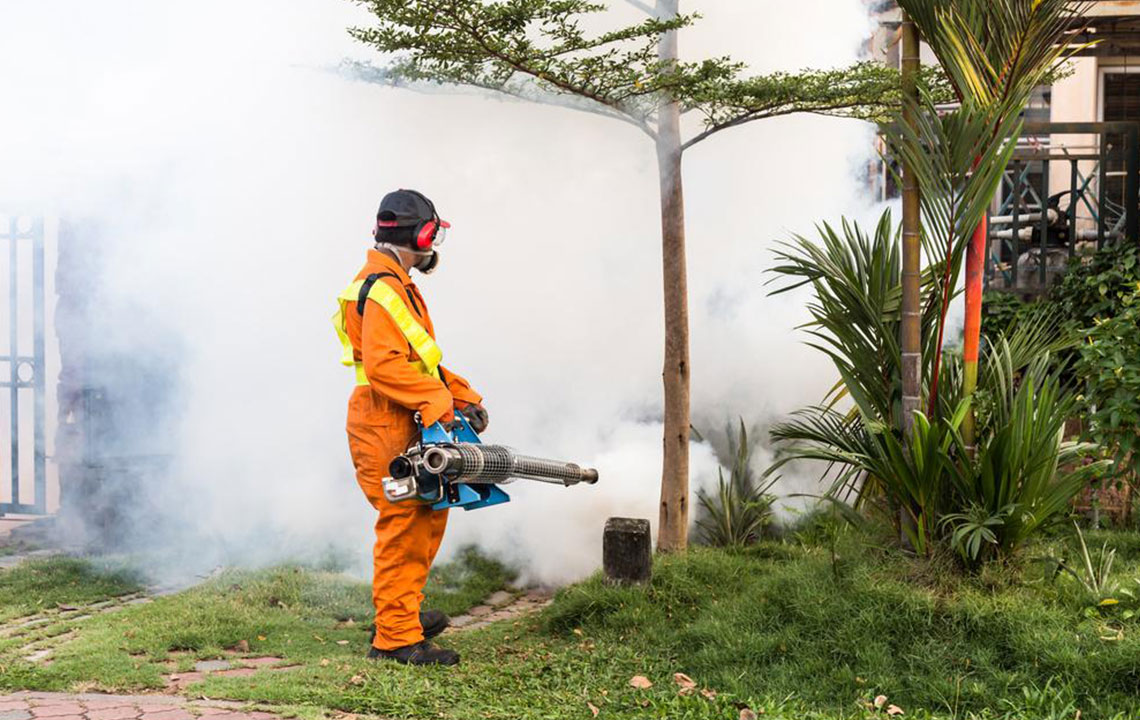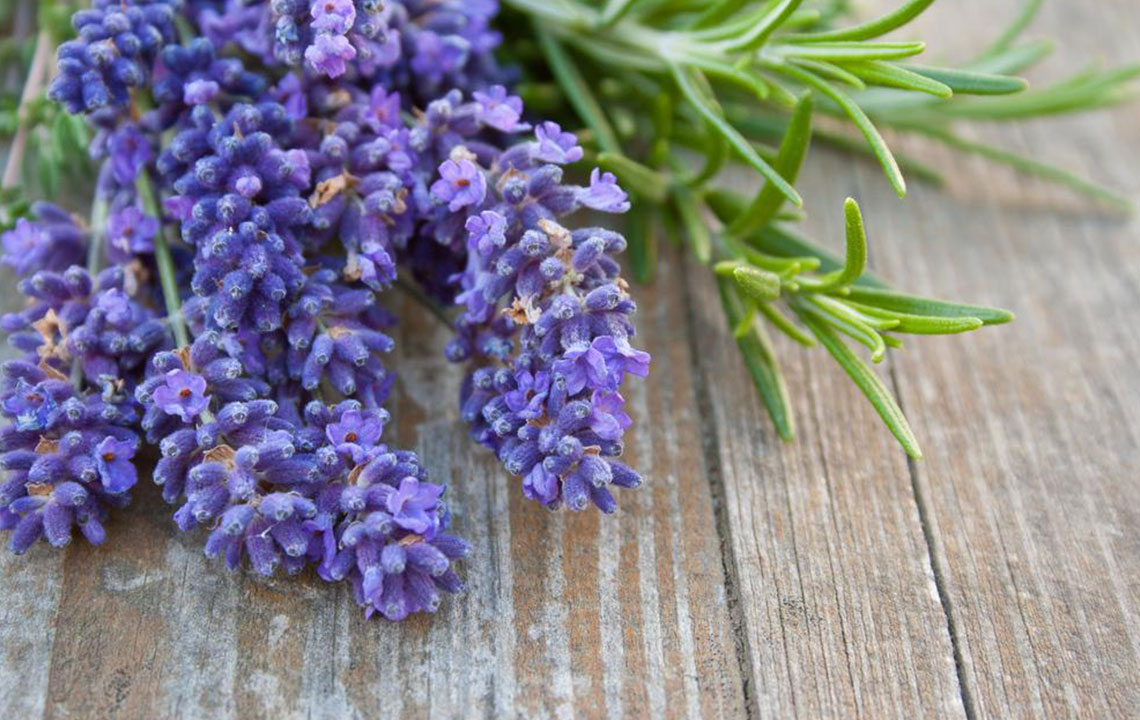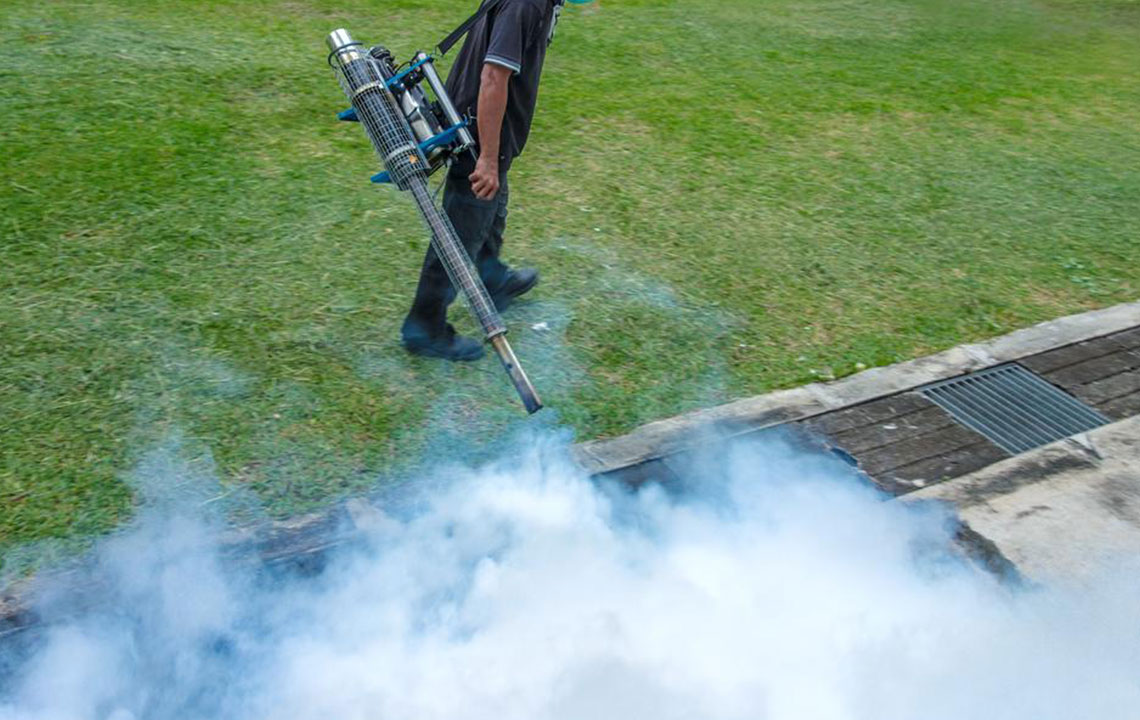Ultimate Guide to Effective Backyard Mosquito Control for a Safer Outdoor Experience
Discover comprehensive, effective strategies for mosquito control in your backyard. Learn how to identify breeding sites, eliminate standing water, and use modern technologies and protective measures to enjoy safer outdoor living during summer. Proper prevention and management reduce health risks associated with mosquito-borne diseases, creating a pest-free outdoor environment for your family and friends. This detailed guide offers practical tips for homeowners to maintain a mosquito-free backyard, ensuring a healthier, more enjoyable outdoor experience all season long.

Ultimate Guide to Effective Backyard Mosquito Control for a Safer Outdoor Experience
As the warm months of summer approach, a surge in outdoor activities like gardening, barbecues, and relaxing with family and friends becomes inevitable. However, the joy of outdoor leisure can be significantly marred by the presence of mosquitoes, which are more than just nuisances—they pose serious health risks. Mosquitoes are known carriers of deadly diseases such as Zika virus, West Nile virus, dengue fever, and chikungunya, making effective mosquito management not just about comfort but also about safeguarding health.
Understanding how to control mosquitoes effectively requires a comprehensive approach that blends preventive measures, environmental management, and, if necessary, professional intervention. This detailed guide provides you with practical, easy-to-follow strategies to keep your backyard mosquito-free, ensuring you can enjoy your time outdoors without constantly swatting away pests or worrying about potential health hazards.
Understanding Mosquito Breeding Habitats
The first step in controlling mosquito populations is understanding where they breed. Mosquitoes lay their eggs in stagnant, stagnant water sources—any container or area where water collects and remains undisturbed for several days. Typical breeding sites include birdbaths, clogged gutters, discarded tires, flowerpot saucers, kiddie pools, bird baths, watering cans, and even areas of your yard where rainwater pools.
Some mosquito species prefer specific habitats, but generally, any standing water provides an ideal environment for eggs to hatch into larvae and then mature into adult mosquitoes. Sunlit stagnant pools are especially attractive, and even small amounts of water—such as a bottle cap or a clogged gutter—can become breeding hotspots.
Practical Strategies for Preventing Mosquito Breeding
Prevention begins with eliminating or regularly disturbing standing water. Here are some effective tips:
Regularly empty and clean containers: Remove water from plant saucers, buckets, and unused tires weekly. If they must hold water, change it at least once a week to break the mosquito breeding cycle.
Maintain gutters and drainage: Clear clogged gutters and ensure proper drainage in your yard to prevent water accumulation.
Fill low-lying areas: Grade your yard to eliminate puddles or fill in areas prone to water pooling.
Use mosquito dunks or larvicides safely: In standing water that cannot be eliminated, such as ponds, use larvicidal products approved for mosquito control, following the manufacturer's instructions.
Cover or store containers properly: Store all outdoor equipment in sealed containers or upside down to prevent water collection.
Protective Measures and Yard Maintenance
Beyond eliminating breeding sites, applying additional protective measures can significantly reduce mosquito encounters:
Install physical barriers: Use fine mesh screens on windows, doors, and patios to prevent adult mosquitoes from entering your home and outdoor living spaces.
Use repellents: Apply EPA-approved mosquito repellents containing DEET, picaridin, IR3535, or oil of lemon eucalyptus when outdoors, especially during dawn and dusk when mosquitoes are most active.
Maintain your lawn: Keep grass short and trim bushes to reduce resting sites for adult mosquitoes.
Introduce natural predators: Encourage mosquito-eating fish, like gambusia, in ponds or water features to naturally reduce larvae populations.
Innovative Techniques and Modern Technologies
Recent advancements provide new options for mosquito control:
Using mosquito traps: Electronic or light traps can attract and capture adult mosquitoes, reducing their numbers over time.
Deploying drone technology: Some innovative programs utilize drones to identify and treat breeding sites in large or inaccessible areas effectively.
Genetic modification: Researchers are exploring genetically modified mosquitoes that cannot carry diseases, potentially reducing overall populations.
When to Seek Professional Assistance
If your efforts to control mosquitoes are not enough, or if your backyard has a persistent problem, professional pest control services can implement comprehensive treatments. Experts often use residual insecticides, fogging, or barrier sprays designed for safety and effectiveness.
It's advisable to consult local health departments or licensed pest control operators who are familiar with the regulations and effective practices for your region. They can provide targeted interventions to drastically reduce mosquito populations, especially during peak breeding seasons.
Summary and Final Tips
Maintaining a mosquito-free backyard is an ongoing process that involves vigilant water management, habitat modification, protective barriers, and sometimes professional help. Start early in the season to prevent mosquito populations from establishing. Consistently eliminate standing water, use repellents, keep your yard well-maintained, and consider modern technological solutions for optimal results.
By implementing these comprehensive strategies, you can enjoy outdoor activities safely and comfortably throughout the mosquito season, reducing the health risks these pests pose. A proactive approach ensures that your backyard remains a safe haven for family and friends, free from the nuisance and dangers of mosquitoes.




